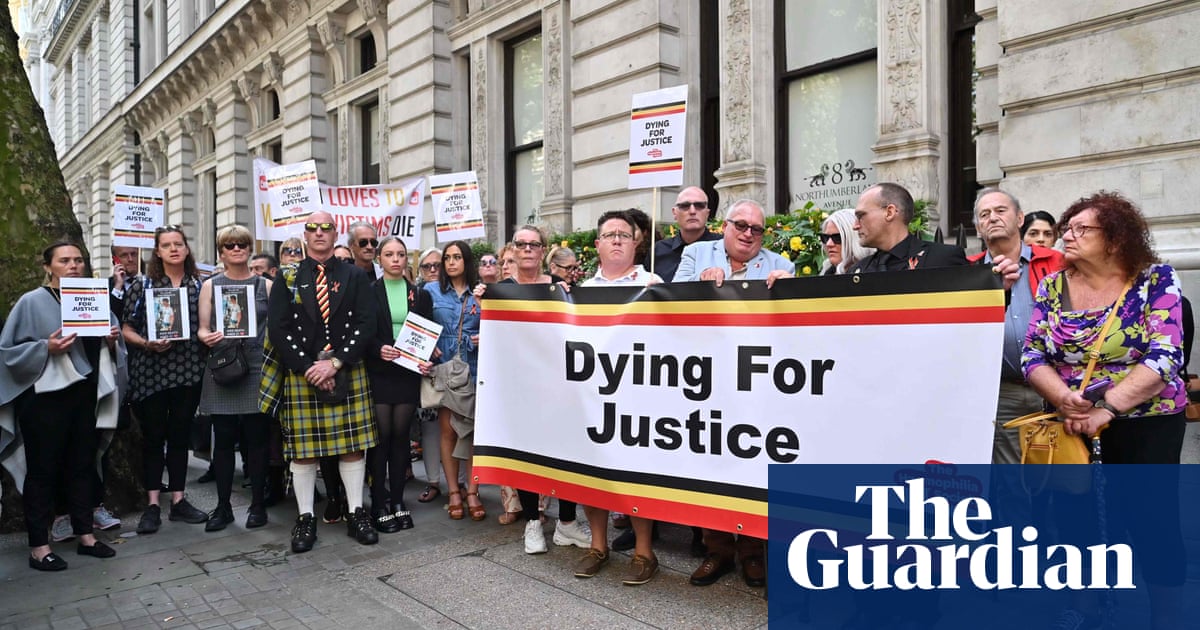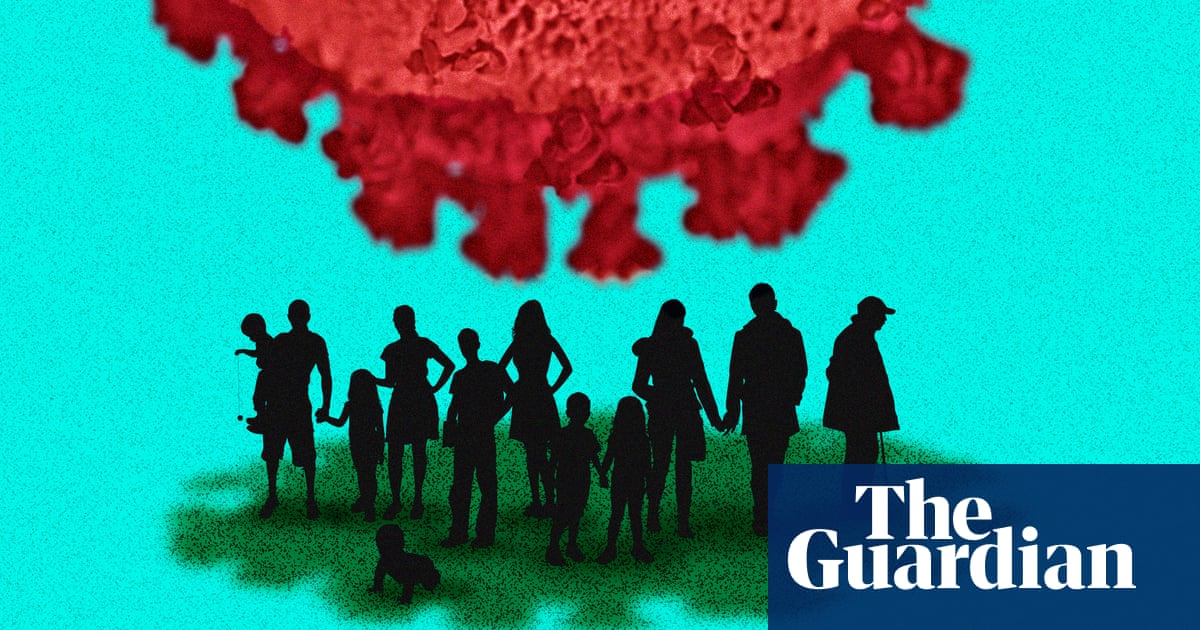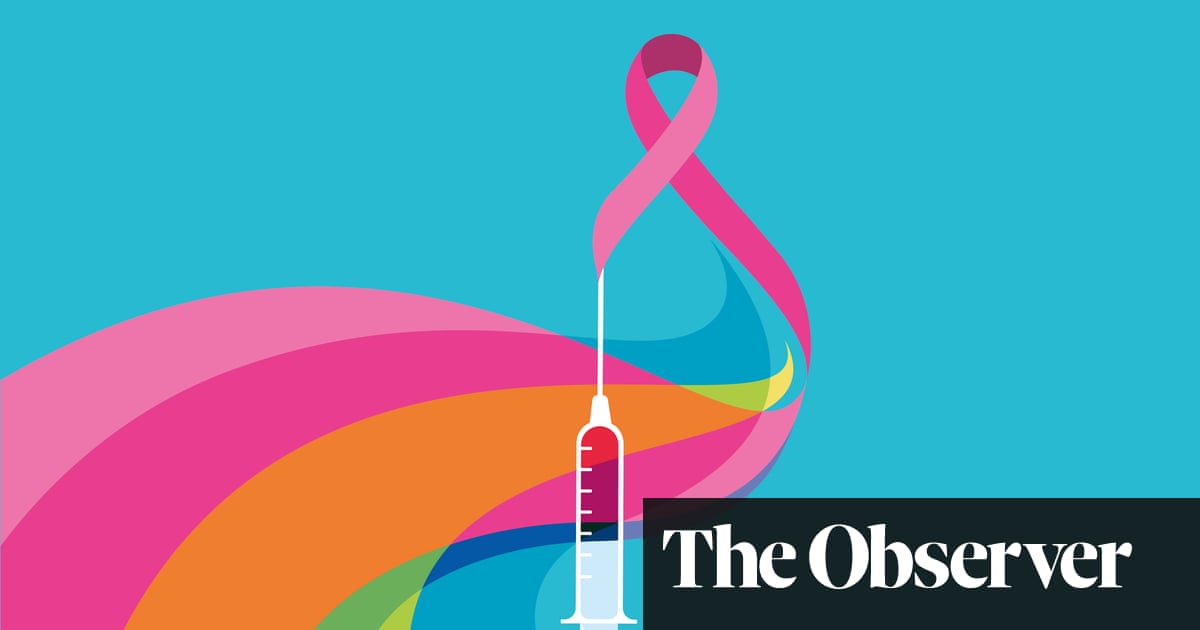
ost people have already adjusted their expectations to a spring of disruption – but most are quietly hoping that by the summer, and into the autumn, life in the UK will have returned more or less to normal. Are they right to be confident? What can we do to avoid slipping back into a cycle of lockdowns? In short: how does this pandemic end, and how can we end it faster?
Globally, the UK is in the strong position of having at least five effective and safe vaccines, but there are major challenges ahead. We already know about variants, such as those arising in Kent, Brazil and South Africa, which are proving challenging in terms of being more transmissible, and having potentially more severe health outcomes in the case of the UK variant.
Even worse, continual mutation means that some of these variants, such as the Brazil and South Africa ones, as well as future variants, could evade both our vaccines and natural immune responses. The consequence would be our current vaccines being rendered less effective and the possibility of reinfection: having one version of Covid-19 doesn’t mean you can’t have another.
The terrain ahead is rocky, but we can chart a few safe routes. Richer countries such as New Zealand, Australia, Canada, Japan, the UK and those in Europe have the option to pursue an elimination strategy through a mix of test, trace and isolate programmes; short and sharp lockdown restrictions to stop mixing; and, crucially, border measures to stop reimportation of new chains and variants. This would help end each country’s epidemic and be a step, country by country, towards better control and an end to the global pandemic.
If these countries are able to roll out vaccines quickly to the majority of their populations (including for children, given the need for a large part of the population to be immunised to achieve “herd” immunity), and protect against introduction of variants from other parts of the world, they may be able to lift restrictions and return to a somewhat normal domestic life within the next six to eight months. This would mean the reopening of schools, restaurants bars and gyms, and the return of live music festivals and sports events. Firefighting would still be needed for any outbreaks, but these could be localised and short.
The trade-off for greater freedom at home would be restricted international travel. We are already seeing Israel storm ahead with its vaccination programme while also stopping all international passenger flights in and out of the country. Canada now requires international travellers to arrive into one of four airports and go into managed isolation in hotels. This is the fastest route to domestic normality, as we have learned from the past year of the pandemic.
So what does this mean for Britain? Fifteen million vaccinations is an incredible start, but a far wider rollout is necessary to limit transmission of the virus. The majority of the population will need to be vaccinated. We will need to strengthen our test, trace and isolate system through increased testing and sufficient support for those who are self-isolating, including payments for those required to stay home. At the same time, we will have to live with restrictions on international movement throughout the summer.
The UK is heading that way, but seems hesitant to extend managed isolation to arrivals from all countries, rather than just those with confirmed variants. The problem with this is that variants will emerge and spread before they have been detected, given the lack of sequencing capacity in many countries. The need is clear, therefore, to proactively quarantine and test those arriving in the country, and, in the case of positive results, to sequence the virus. Scotland’s first minister, Nicola Sturgeon, has committed to this approach but is waiting for Boris Johnson to announce the same for England.
Once richer countries such as the UK have handled and controlled their domestic problem, they must support less well-off countries in their efforts to vaccinate their populations. Many poorer countries, lacking the resources and millions to negotiate with pharmaceutical companies, have been unable to access vaccines for the majority of their population, while some rich countries have purchased nine doses per person.
The World Health Organization has asked these countries to donate doses to the Covax initiative to distribute vaccines to poorer countries. Norway has already explicitly agreed to sharing vaccine doses at the same time as vaccinating its own population. The UK has committed money to Covax, but has not explicitly addressed how doses will be supplied.
Not only is there a moral imperative to protect lives around the world, there are selfish reasons too, because as long as the virus circulates in other places, it can continue to replicate, mutate and change into more dangerous forms that may leave even those who have been vaccinated susceptible to infection. The end of the pandemic will only happen when affordable, accessible and effective vaccines are distributed across the entire world – something that still seems a sadly far-off goal.
The pandemic is unlikely to end abruptly, but rather slowly, country by country, as each one increases its control over Covid-19, and pushes the virus towards elimination levels. Rich nations will achieve this through testing, vaccines (including continually redesigning and redeploying them) and better treatments. Poorer countries will struggle to catch up and will face repeated waves and flare-ups until they get the support required for good control. Sadly, this is the story of global health: problems that are managed and then quickly forgotten by the rich parts of the world, such as measles, mumps, rubella, tuberculosis and polio, remain major, continuing problems in the poorer parts.
Prof Devi Sridhar is chair of global public health at the University of Edinburgh












